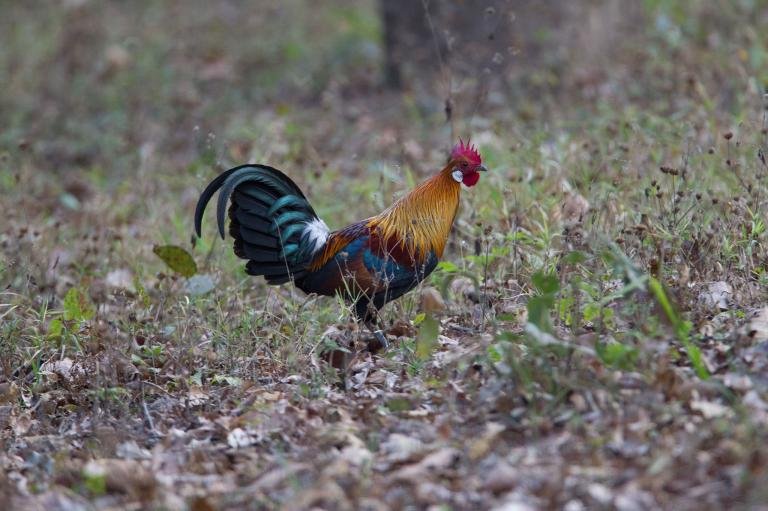Barnyard bird is a lot smarter than we know 
Chickens needs several hours of light to lay eggs. Chickens are photo-stimulated, meaning that they need light to lay eggs. An exposure to 12 hours of either natural or artificial light aids the secretion of reproductive hormone that spurs egg laying. In winter, when there is less daylight, birds will stop laying eggs, except those kept in houses where light is available .Chickens mate with a rooster to produce chicks and not to lay eggs.
Surprisingly sometimes the colour of chicken eggs coincides with d chickens’ earlobes. Scientists at the University of Kentucky discovered that chicken breeds with red earlobes lay red eggs and those with the white earlobes lay white eggs, exception to this, is the Rhode Island reds, which have red earlobes and lay brown eggs.
The birds we know as chicken today originated from the red jungle fowl of Southeast Asia about 8,000 years ago. Birds grew up in an evolving environments that required searching for food daily, “it’s not surprising that cognitively complex in certain things, ‘’ such as spatial navigation, says Richard Blatchford, a scientist at the University of California at Davis.
For example, chickens can recognise up to 30 other individual chickens, and chicks engrave the picture of their mom between 24 to 36 hours of bring forth, says Dunkley. (Related: "The Surprising Ways that Chickens Changed the World.")
One investigation indicated chicks "engraved" to a picture of a red triangle regardless of whether it was somewhat darkened—recommending the feathered creatures can imagine in part shrouded questions in their psyches.
Not just that, the chicken can recognise and observe people based on their faces. Also, they evidently like beautiful people.
A 2002 paper unveiled that domestic birds have the same preference for some human faces as human also do, “keying in on things like symmetry” in appearances one of the subconscious measures of attractiveness, Blatchford says.
in this research, the scientists trained 4 hens to react to picture of a young female face but not the male face, likewise the two cocks were trained to react to photograph of young male face (man’s face).
The scientists then showed these birds (trained hens and cocks) photographs of faces with exaggerated man and woman of different expression. The birds pecked more at screens display of symmetrical faces.
According to NAT GEO wild, the test had been conducted by 14 different people showing the results same result. The study is limited in that it only tested a small number of chickens and humans. But the results may suggest the mutual admiration for symmetry is rooted in the nervous system, and not necessarily due to cultural influences.
Wow. What could be more humiliating than a chicken who sees you and swipes left?
Congratulations @emmanuel-jegede! You have completed some achievement on Steemit and have been rewarded with new badge(s) :
Click on any badge to view your own Board of Honor on SteemitBoard.
For more information about SteemitBoard, click here
If you no longer want to receive notifications, reply to this comment with the word
STOP